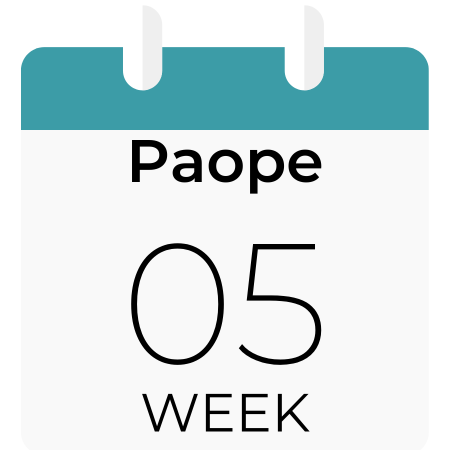Feeding the Multitudes
“…..and filled twelve baskets with fragments from the five barley loaves left by those who had eaten.” (John 6:13)
On the 2nd Sunday of the blessed month of Meshir, the Church reads John 6:5-14. The passage describes the miraculous feeding of the five thousand. This excerpt manifests the limitless power of our Lord and Savior Jesus Christ.
The Lord Jesus, seeing a great multitude coming toward Him, “lifted up His eyes” (John 6:5). Before any request was made, before hunger was spoken, the Lord perceived their need. Unlike other miracles where faith or petition preceded healing, here the initiative belongs entirely to Christ. He acts not in response to words, but in response to compassion.
The passage begins with Christ asking Philip, “Where are we to buy bread, so that these people may eat?” (John 6:5). Did Christ not know of the miracle to come? Certainly not. Rather, He asks this question to examine the rationale of His disciples, “for He Himself knew what He would do.” (John 6:6). Philip immediately calculates the impossibility, “Two hundred denarii worth of bread would not be enough for each of them to get a little” (John 6:7). Philip does not comprehend the might and power of our Lord. As St. Cyril explains, “Feebly again does Philip advance, not to the power of Jesus to do all things, and that easily, but on hearing whence shall we buy said to prove him, forthwith he catches at it, and looks at the means by money alone…” (Cyril of Alexandria, Commentary on the Gospel of John, Book 3) By not adding Christ into the equation, Philip’s thinking becomes extremely limited.
Andrew then adds to the conversation by saying, “There is a boy here who has five barley loaves and two fish, but what are they for so many?” (John 6:9). Christ does not rebuke their weakness. Instead, He transforms human insufficiency into divine abundance. He takes the loaves, gives thanks, distributes, and, mysteriously, all ate and were filled, with twelve baskets of fragments gathered (John 6:12-13). As St. John Chrysostom explains that Christ allows the disciples to discover their weakness so that His sufficiency may be revealed: “He allows them to feel their weakness, that His power may be made manifest” (St. John Chrysostom, Homily 49 on Matthew). St. Cyril of Alexandria adds, “For neither considering the power, nor yet led by the greatness of His preceding works unto Jesus’ being able for all things, and that most easily; he points out what the lad has, but is evidently weak in faith…” (Cyril of Alexandria, Commentary on the Gospel of John, Book 3). Thus, the limited rationale of both Philip and Andrew is simply due to their lack of faith.
Our lesson today is not that feeding of the multitude was just about bread, but about revealing the Giver of Bread, whose Body becomes our food for eternal life. The boy’s humble offering teaches us that Christ does not ask for what we lack, He asks for what we have. When our insufficiency is placed into His hands, it becomes grace, abundance, and blessing. Let us always keep this mindset in our hearts so that we can achieve and serve far beyond our own human limits.
Amen
Sources:
- Bible. English Standard Version
- Catena, Orthodox Bible Commentaries
- Commentary on the Gospel of St. John by Father Tadros Malaty
- St. John Chrysostom, Homilies on Matthew, Homily 49
- Cyril of Alexandria, Commentary on the Gospel of John, Book 3 — commentary on John 6:8–9 (P. E. Pusey translation, Library of the Fathers)

